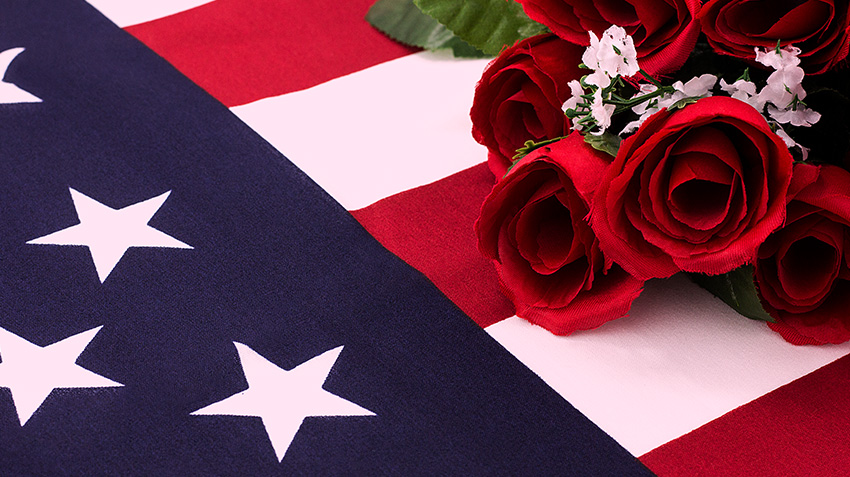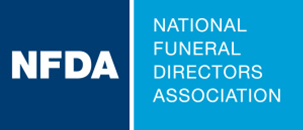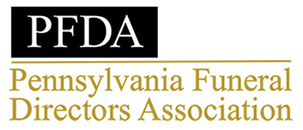
If you’re planning a funeral for a loved one who served in the armed forces, there may be certain aspects of the planning process that differ from planning a traditional funeral service.
Veterans dedicate their lives to protecting their country and the people’s freedom. Providing them with an end-of-life ceremony that’s honorable and distinguished is a way of showing respect as well as cherishing the most memorable moments of their lives.
Planning a funeral for a loved one is an emotional process, so when planning a funeral for a veteran, you’ll need to consider the benefits available for the funeral arrangements of a veteran.
Here’s what you need to know about funeral planning for veterans.
The types of burial and cremation options for veterans
Veterans and military personnel who are on active duty can be laid to rest in a cemetery of their choosing. With 135 National Cemeteries in the United States, however, only veterans who were honorably discharged and active duty personnel can opt for these cemeteries.
Burial in a National Cemetery requires specific documentation regarding the deceased’s discharge, branch, and service. You may be able to state your preference or if you’re aware of your loved one’s preference you may state where you would like the burial to take place, but the location won’t be guaranteed.
If your loved one was a veteran and made the decision that he or she wanted to be cremated, once cremated, you can choose to have the urn with the ashes interred in a National Cemetery, bury it during a private ceremony, or keep it in the family residences.
The military-specific arrangements you can make
To honor the sacrifice and dedication made by the veteran, the US Government may sometimes provide no-cost programs by firing three volleys as a final salute to the deceased.
Most funeral homes will also handle the veteran burial procedures led by a funeral director. Burial benefits that are offered by the Government also include:
- Covering the expenses for opening and closing a grave, which is expensive but essential for in-ground burial and above-ground entombment
- Taking care of the maintenance costs and other costs that are incurred for the upkeep of the veteran’s grave eternally
- Providing a government headstone or marker with the veteran’s date of death, regardless of whether it’s at a National Cemetery or not
- Giving the American flag which is to be used during the funeral service and passed on to the next of kin after the service
- Issuing a Presidential Memorial Certificate which is an engraved parchment that recognizes and thanks the veteran for their service
The costs of managing a funeral
While the average cost of a funeral can come up to $9,000 or more, the Department of Veterinary Affairs (VA) is likely to offer some sort of compensation to help cover the cost of organizing a funeral.
You may receive burial benefits, reimbursements for transportation costs, and compensation for plot allotment.
The steps to take before claiming the benefits offered by the VA
- Plan ahead so you can incorporate any of your loved one’s final wishes and honor them
- Submit a written document to claim burial benefits
- Inform yourself of the benefits that are available and determine the eligibility
Always make sure that you’re in possession of your loved one’s military records as you’ll have to submit them to access the benefits.
Funeral planning for veterans in the Pittsburgh area
Claiming VA benefits when funeral planning for veterans can bring you and your family a sense of ease both financially and emotionally.
Give your departed loved one a distinguished end-of-life ceremony by honoring their sacrifice, service, and commitment to the nation while easing the grieving process for you and your family.



